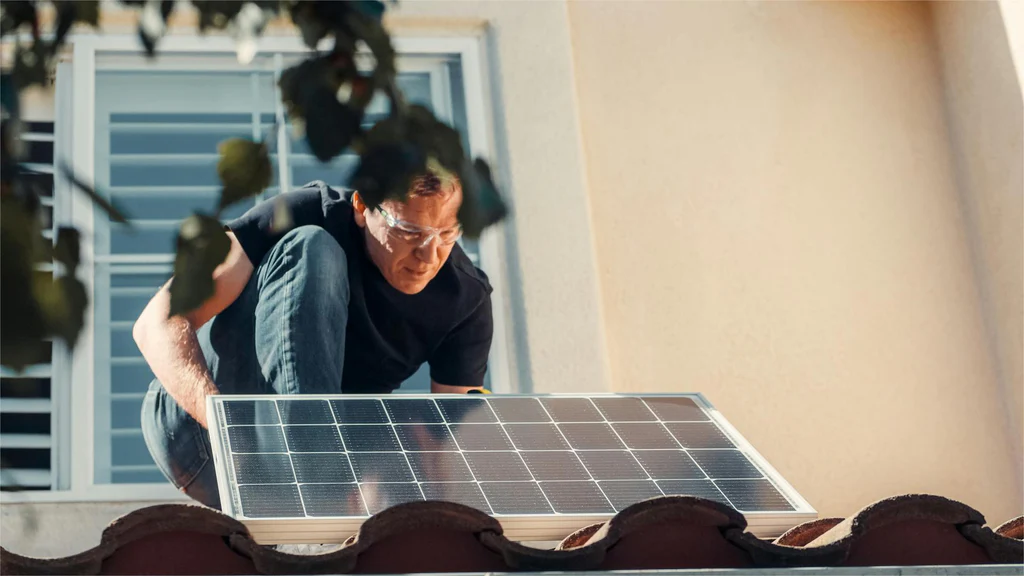When it comes to solar energy systems, one of the key components is the solar inverter. This crucial device converts the direct current (DC) generated by solar panels into alternating current (AC) that can be used to power homes and businesses. However, there is an ongoing debate in the solar industry about whether indoor or outdoor solar inverters are the better choice. In this article, we will delve into the pros and cons of each option to help you make an informed decision for your solar energy system.

Understanding Indoor Solar Inverters
Indoor solar inverters are installed inside the building where the solar panels are located. They are typically smaller in size and are protected from the elements, which can prolong their lifespan. Additionally, indoor inverters are easier to access for maintenance and repairs, as they are not exposed to outdoor conditions.
Exploring Outdoor Solar Inverters
On the other hand, outdoor solar inverters are installed outside, near the solar panels. They are designed to withstand various weather conditions and temperature fluctuations. Outdoor inverters are often preferred for larger solar installations, as they can be more cost-effective and efficient for such setups.
The Great Debate: Indoor vs. Outdoor Solar Inverters
When it comes to the great debate of indoor vs. outdoor solar inverters, there are several factors to consider. One of the main considerations is the environmental conditions in which the solar energy system will operate. For instance, if the location experiences extreme temperatures or high humidity, outdoor inverters may be the better choice due to their ability to handle such conditions.
Key Considerations for Your Solar Energy System
Ultimately, the decision between indoor and outdoor solar inverters depends on the specific requirements of your solar energy system. Factors such as available space, budget, maintenance accessibility, and environmental factors all play a role in determining the most suitable option for your installation.
It's important to consult with a professional solar energy provider to assess your unique needs and determine the best type of solar inverter for your system. By considering all the relevant factors and seeking expert advice, you can make an informed decision that maximizes the efficiency and longevity of your solar energy system.






